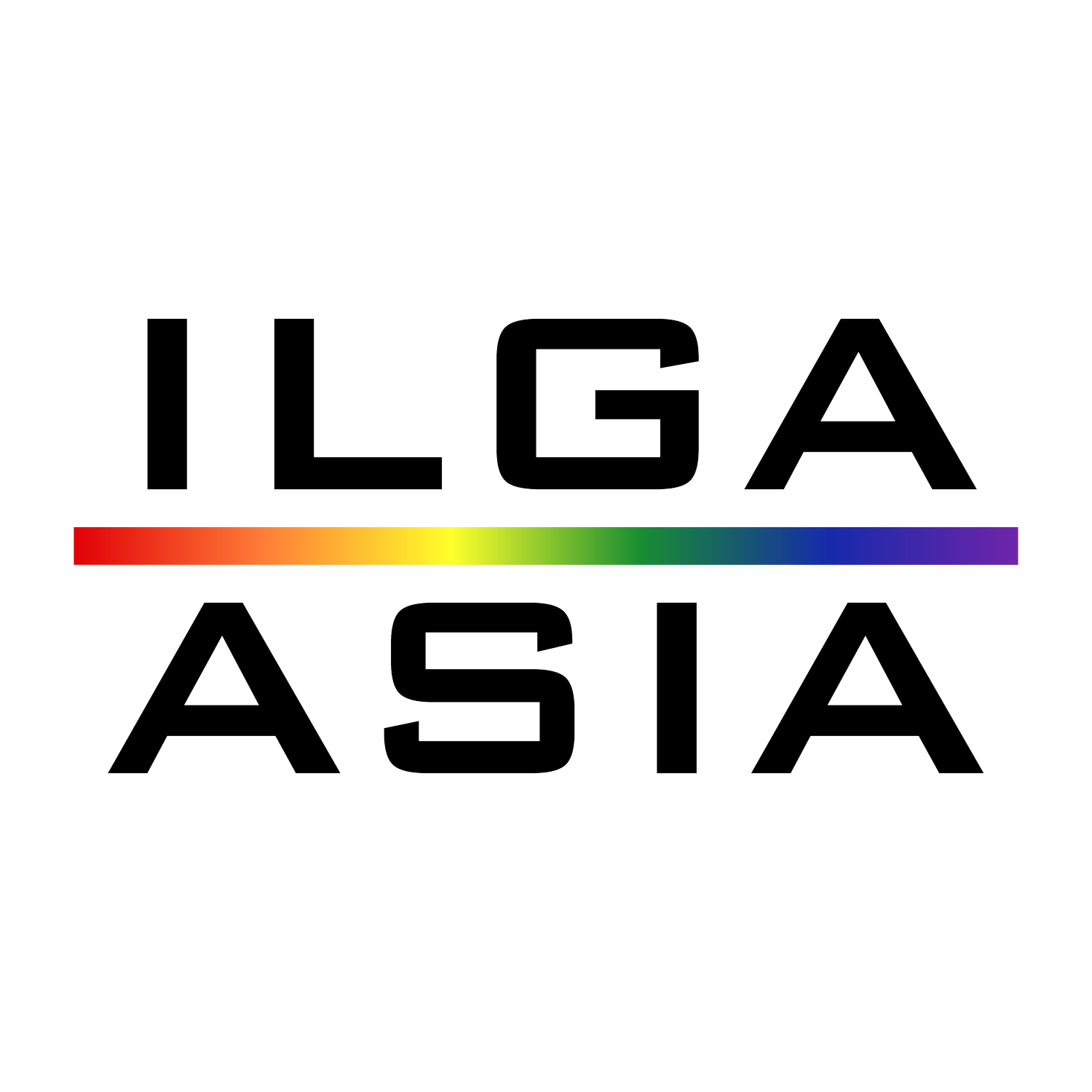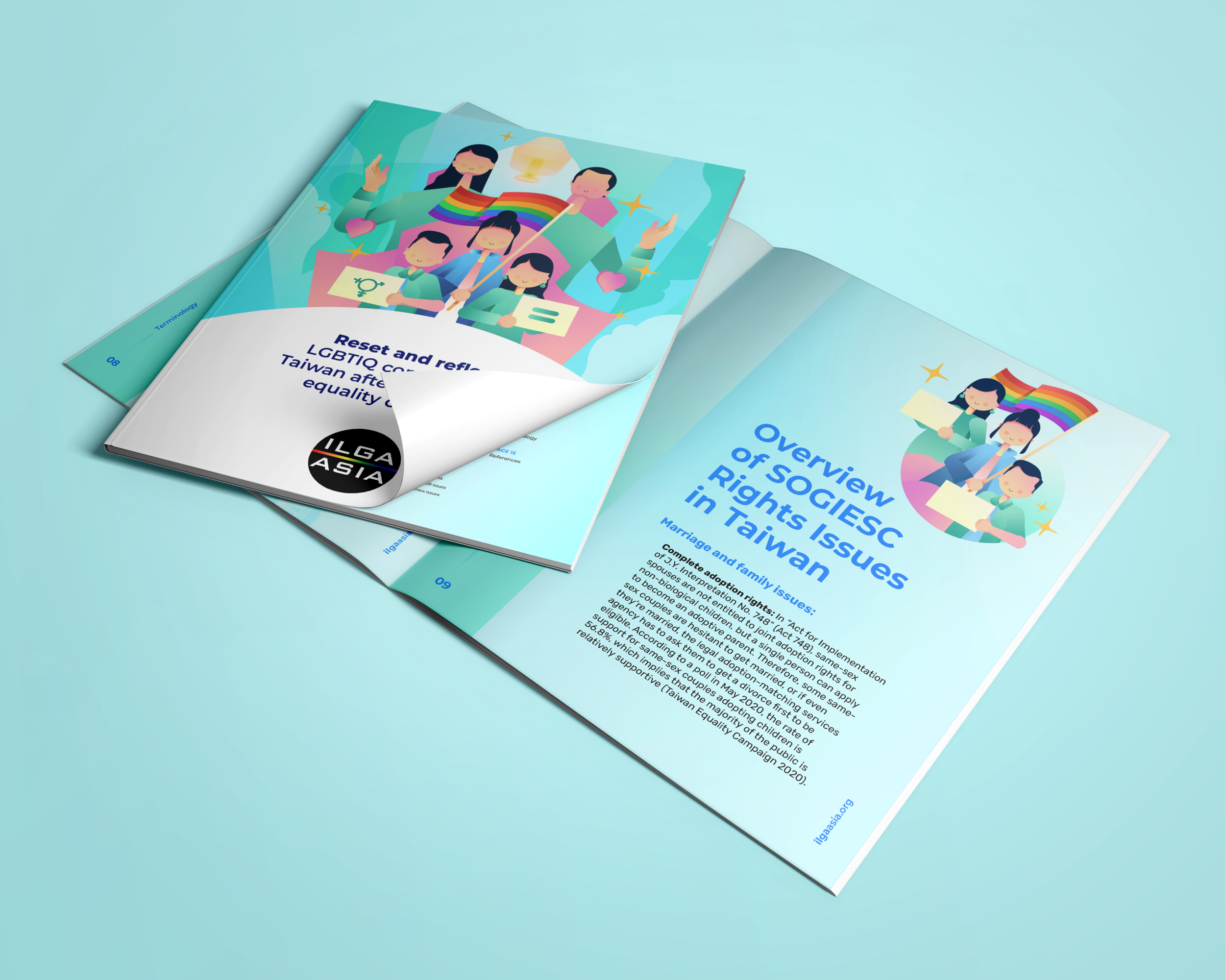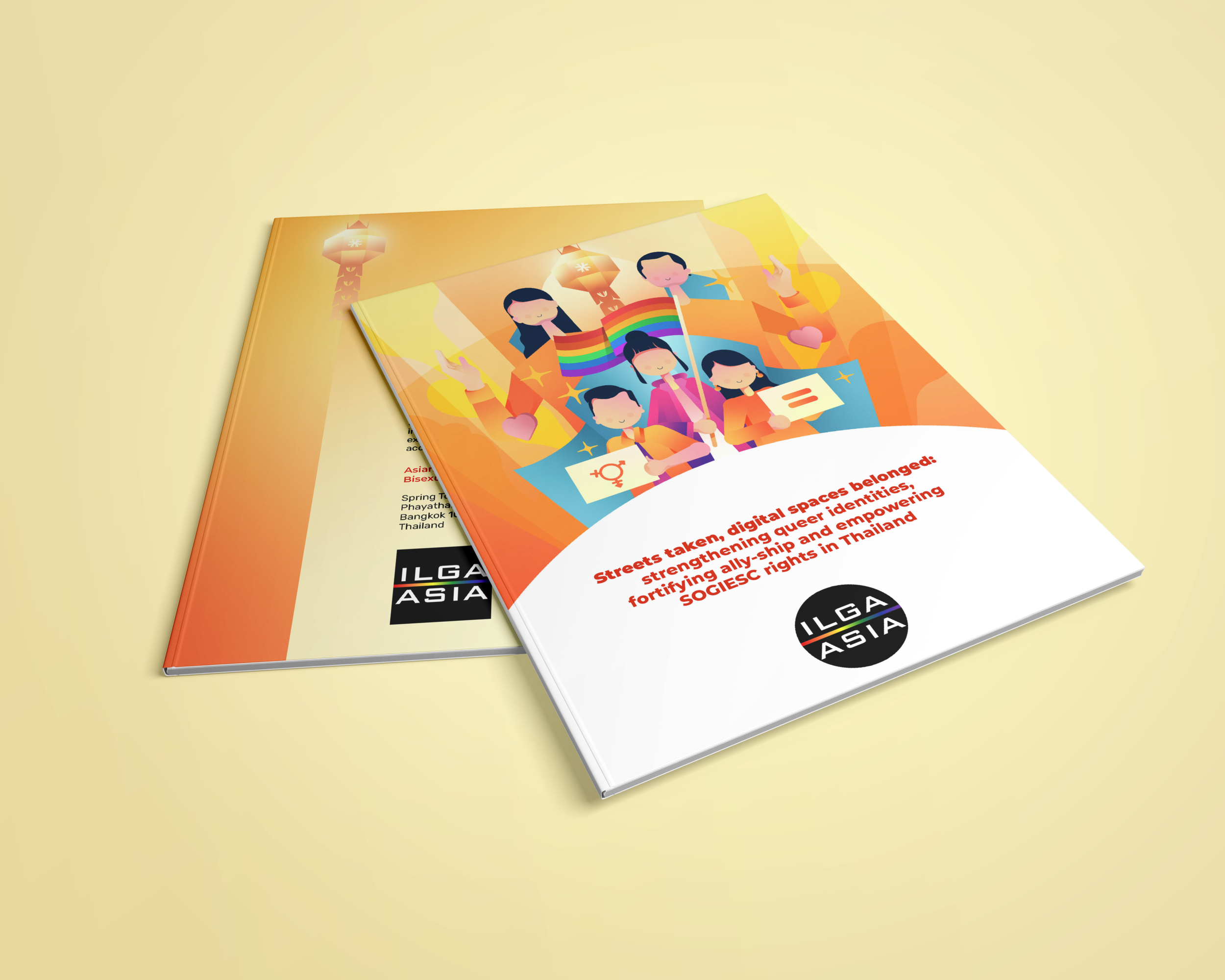Reset and reflect: LGBTIQ community in Taiwan after the marriage equality campaign
In conjunction with IDAHOBIT last week, ILGA Asia would like to share the first from a series of country reports that we had commissioned. This had been conducted in Taiwan from November 2020 to January 2021.
In this report, we explore contextualized terminology and an overview of SOGIESC rights in Taiwan, particularly on marriage and family issues, trans issues, HIV/AIDS issues, and intersex issues.
Executive Summary
Since World War II, SOGIESC rights movement in Taiwan took onto a different direction and flourished right after the then 38-year-long consecutive martial law period (between 20 May 1949 and 14 July 1987) was lifted – alongside democratization and other social movements – the visibility and discourses of sexual and gender minorities began to assimilate into Taiwan’s mainstream society. On 17 May 2019, coinciding with the International Day Against Homophobia, Transphobia and Biphobia (IDAHOBIT), the Constitutional Court of Taiwan legalized same-sex marriage. However, the historic ruling (Judicial Yuan Interpretation No. 748) is caveated with limited marriage rights. Same-sex couples are not entitled to transnational same-sex marriage, co-adoption, and assisted reproductive technologies. Furthermore, the same-sex marriage ruling created a vacuum on the protection against domestic violence. Traditionally, the development of family law and spousal rights are measured and benchmarked upon heteronormative family values and culture, incompatible with the diversity and dynamics of queer families. Since the major milestone on same-sex marriages, LGBTIQ rights advocates and communities are also fighting for rights in different areas including trans rights, HIV/AIDS prevention, intersex rights, and labour rights. The government stated that it would propose a draft bill to ensure the protection of fundamental rights for trans people. The proposed law reform promised to abolish the requirement for trans people to undergo sex reassignment surgeries as a precondition for those who wish to change their legal gender marker while introducing the third gender option in the proposed ‘surgery-free’ legal gender marker change process. The watershed moment that cemented Taiwan’s long and hard-fought journey towards achieving marriage equality claimed its victory through the ruling of a landmark constitutional challenge. The judicial precedent paved a pivotal foundation for subsequent legislative reforms (including the government’s commitment to see through the proposed bills into laws vowing to advance the fundamental rights of LGBTIQ people). While Taiwan’s judiciary and legislative bodies’ officiated the journey towards marriage equality through a binding legal precedent of the highest court (Supreme Court ruling) in the Republic’s judicature – powerful enough to redefine the institution of marriage in its 1946 Constitution; the executive body of Taiwan’s current government has been implementing reforms that would create social impact and encourage deeper civil discourse on SOGIESC, misconceptions and taboos assumed at LGBTIQ people, and what to educate the public on what does the ruling on marriage equality mean for its people, and to foster a tolerant society towards LGBTIQ people through systemic reforms within the administration. These reforms are measured and observed from the gradual updates of guidelines, regulations and policies used across Taiwan’s civil service agencies, administrative departments, and its social welfare system – representing the State in setting the right public tone recognize the inclusion of SOGIESC rights along with non-discrimination in State policies.
However, the consultative findings of this report noticed existing challenges and opportunities for the Taiwan LGBTIQ movement. Community-based organizations (CBOs) are facing the struggle with sustainable funding to support their grassroots programmes; coupled with the unavoidable impact of the COVID-19 pandemic, not only does the virus outbreak has severely impaired the human biology and our ecosystem, but the health of our global economy suffered a major stroke, and metastasized across the demographics that suffered most, namely small medium business enterprises (SMEs) and grassroots-led organisations or CBOs within the third sector. Leaders of CBOs emphasized their shared financial and operational struggles. With the halt of project grants and a sharp drop in donation and contributions in resources, some planned activities, campaigns and workshops have to be postponed without further notice; as majority of CBO initiatives involve grassroot-mobilisation on civic engagements. Some of the advocacy-focused and urban-based activists also shared their concerns of how the pandemic has affected the general well-being of LGBTI activists and community leaders, where most of them and their respective organisations are trying their best to cope with the new normal, and still hoping to find solutions to reassimilate important annual events in the movement that are typically physically events to virtual options, as such as the annual pride event, global conferences and workshops. Some activists also noted their concerns in their advocacy work through political engagements due to the devastating referendum in 2018. During the pandemic and lockdown periods, the advocacy groups were reflecting on their previous campaigns and redirected their focuses to issues that were put aside or neglected in the past few years. On an optimistic note, the activists are willing to share their experiences with others in the region but some also pointed out the language barriers are still intimidating.




